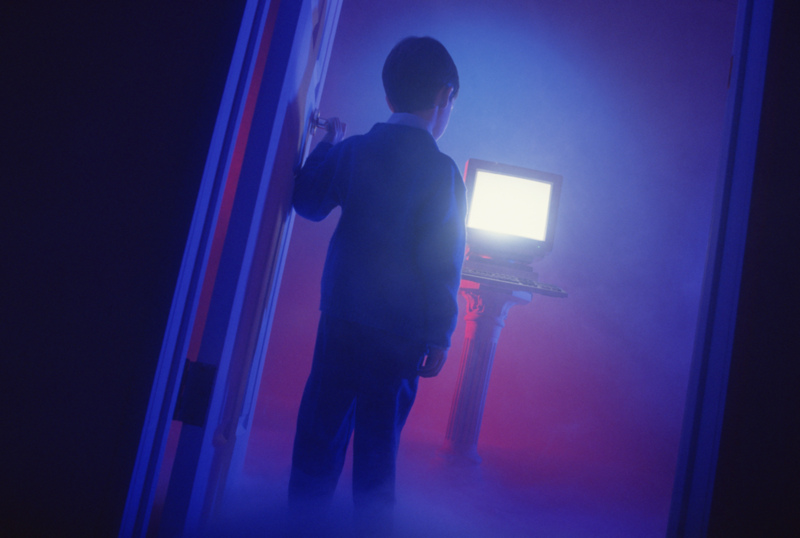Sixth Sense: Culture alarms
Recent revelations about Penn State and its fabled football program leave me with many questions about roles, adults and children, authority figures, and more. Most of all, as an educator, I think about the decisions that are at the core of education, decisions about how we prioritize our attention every day.
When does correcting culture take precedence?
The culture of our classrooms is more influential than any lesson strategy, study aid, pedagogy plan, or self-adjusting app for ensuring that our students learn what they need to thrive. As in any culture, the subtleties of what is unacceptable, preferred, or revered guide what we do in our classes. Even among teens who claim to “do their own thing,” there is a culture of what is lame and what is cool. As teachers, we develop a sixth sense of culture, a sense that tells us when cultural shifts demand that we temporarily delay content while we readjust the path of culture. On September 11, 2001, many of us stopped what we were doing in the interest of culture as breaking news spread through the school. We dropped the lesson plan, changed the homework assignment to “watch the news and hug your family,” and tried our best to answer all the questions. In elementary classrooms, classroom culture adjustments are as frequent as bathroom breaks as young students learn how to ignore disruptions, “keep their hands to themselves,” treat others kindly, or simply listen. We teach and tweak classroom culture before we teach anything else.
 Developing that sixth sense before culture goes completely awry is one of the intangibles we cannot easily explain to a student teacher — or even to parents. When I mentored beginning teachers, this was one of the most challenging and persistent topics of our conversations. But I gave credit to newbie teachers as they voiced their feelings that something was not right, even if they did not know what to do about it. Their “sixth sense” was emerging.
Developing that sixth sense before culture goes completely awry is one of the intangibles we cannot easily explain to a student teacher — or even to parents. When I mentored beginning teachers, this was one of the most challenging and persistent topics of our conversations. But I gave credit to newbie teachers as they voiced their feelings that something was not right, even if they did not know what to do about it. Their “sixth sense” was emerging.
I have to wonder what happened to Penn State’s sixth sense. How did they miss the alarms that culture was out of whack? I hope our teacher sixth sense is far more attuned. Young lives — and learning — depend on it.
[Full disclosure: I have a graduate degree from one of Penn State’s campuses, but I have never been a PSU football fan. Maybe my sixth sense was working?]







 Sometimes the lyrics of a song validate my thoughts and provide the seams, stitching clarity. Sometimes it is the words of a character in a novel. More often today, it is a someone’s blog post that starts the sewing machine of my mind. But I know to look for and relish these moments as Joys amid the din. I know to walk away from the screen and take a walk with the sounds of the lake or perhaps an iPod.
Sometimes the lyrics of a song validate my thoughts and provide the seams, stitching clarity. Sometimes it is the words of a character in a novel. More often today, it is a someone’s blog post that starts the sewing machine of my mind. But I know to look for and relish these moments as Joys amid the din. I know to walk away from the screen and take a walk with the sounds of the lake or perhaps an iPod.



